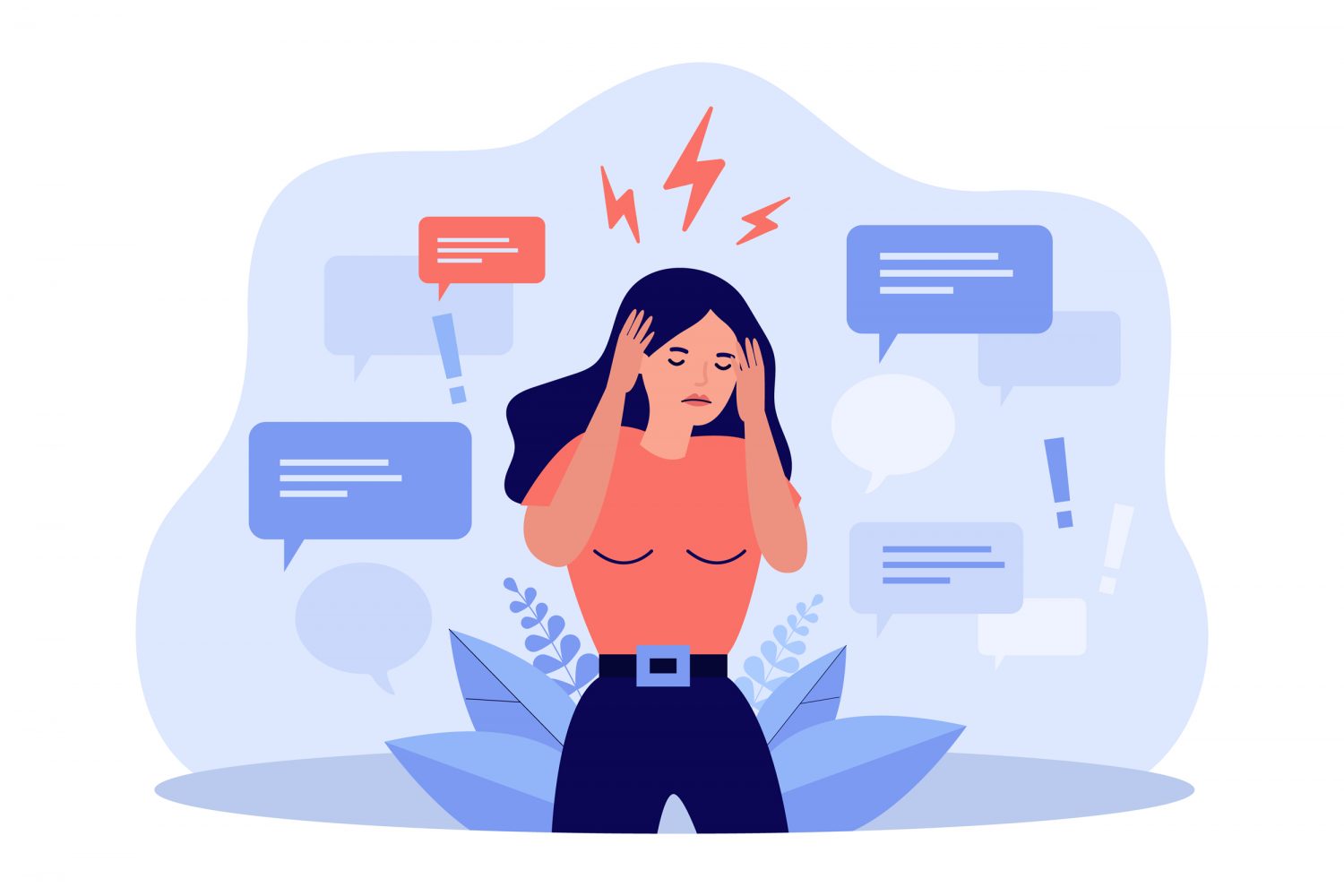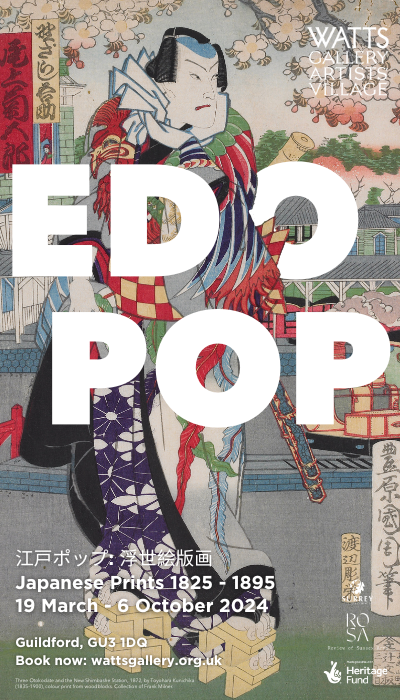Sarah Maxwell gives a very personal account of her perimenopause and menopause coping strategies
For many women during the three menopause stages it’s common to experience mood changes such as irritability, sadness, lack of motivation, aggressiveness, problems focusing, stress, difficulty concentrating and depression. Without the correct support and management of these debilitating symptoms, the impact on personal and professional relationships can be profound and could carry on for many years!
First stage – Perimenopause
Hormonal production of estrogen, progesterone and other reproductive hormones begins to shift and symptoms first appear and may become frequent and severe. Perimenopause can start as early as age 35, but for most women, this usually begins in the mid-to-late 40s. Menstrual cycles continue but may become irregular.
Second stage – Menopause
Monthly periods need to have ceased for at least 12 months. Hot flushes and other symptoms continue if underlying hormonal imbalances are not addressed. The average age for menopause is around 52.
Third stage – Post Menopause
After the actual menopause a woman’s hormones establish new patterns. Post menopausal women often see their menopause symptoms continue for years after they have stopped menstruating. This is due to continued hormonal imbalances. This is something that often many women are unaware of due to a lack of knowledge and, unfortunately, limited support from their doctor due to a lack of information.
“It’s common to experience mood changes such as irritability, sadness, lack of motivation, aggressiveness, problems focusing, stress, difficulty concentrating and depression.”
So, what are some of the ways can we tackle anxiety, bad moods and feeling overwhelmed?
Prioritise yourself
Ask yourself this question: when was the last time you really prioritised yourself?
This quote is from a great friend of mine who I feel has hit the nail on the head about why we often feel anxious, angry or basically furious during this long period of our lives: “We are subtly conditioned to put others first from a young age, to not make a fuss (guilt), always offer the last slice of cake, sweet etc. to anyone else present (sacrifice), get ‘your’ chores done before you do anything for yourself and be a ‘good girl’.
Anti anxiety essentials
● Develop a good sleep routine. When we’re tired and sleep-deprived, we can be irritable even without menopause. Think about your sleep quality and turn it into a special ritual – for you!
● Good nutrition. Supplements can help in addition during menopause. Try to take the time to adjust to healthier diet options. Food is fuel, and eating junk food too often might impact your mood, and increase fatigue or other physical symptoms. Do research and try to find healthy alternatives that appeal to you.
● Plenty of water daily (1.5 litres)
● Movement/exercise, anything you enjoy (it doesn’t have to be formal exercise)
● Supportive friends and family
● A social life
● An understanding doctor (change your GP if this isn’t the case)
● Placing yourself and your wants and needs at the top of your to-do list!
● Time to yourself to do nothing or something
● A hobby (if you don’t have one, try things out and find what you love)
Sarah’s Menopause Toolkit
Here are the current contents of my menopause fury toolkit to give you a few ideas. Spend some time thinking about what makes you feel good, calm, relaxed and go from there. I occasionally add in and take things out, but essentially this is what I have as my solid contents.
Headphones
I have a calming app on my phone and having these ready makes a huge difference because I often forget what I’m supposed to do (another meno issue).

Eye mask
This helps me to relax and be able to concentrate on my breathing. I breathe in through my nose and out through my mouth, nice and steadily 10 times.
Air hardening clay
This is now my favourite stress buster! It takes me away from my brain and calms me down quickly. Try lots of things out and see which one does it for you – painting, sewing, puzzles – anything goes.
A gentle and calm book
My favorite is The Things You Can See Only When You Slow Down: How to Be Calm and Mindful in a Fast-Paced World by Haemin Sunim
Aromatherapy oils
They have a multitude of benefits and uses.
Lavender oil – One of the most recommended oils for anxiety and sleep problems. Relaxing and gentle, it promotes calmness and relaxation where a change in hormone levels during menopause can cause problems with sleep. Disturbed or insufficient sleep increases anxiety and can lead to depression.
Geranium oil – This oil is highly recommended to help with mood swings in menopause. Add two drops to a handkerchief and inhale for a quick stress reliever. It’s also lovely to add to your bath and has fantastic skin smoothing properties.
Ylang-ylang oil – A calm and uplifting oil for your mind and body. It’s known for helping to reduce anxiety and depression. This is a great oil to carry in your handbag, just take off the lid and have a good sniff and you should feel calmer very quickly. The oil is also great for combatting low libido, another common symptom of menopause.
My favourite scented candle and some matches
After making my anxiety worse searching for matches, I highly recommend keeping a box in your toolkit. I usually go for a calming lavender candle. I also use it to wind down and relax in the bath and before bed. I have noticed I am starting to smell like my grandmother who was obsessed with lavender, and now I know why!
A good bar of chocolate
My current toolkit entry is Green & Blacks dark chilli (chocolate with a high cocoa content has way less sugar and it’s good for you).
Hand cream
I’m very lazy with looking after my hands and putting on a posh hand cream feels great and rather indulgent.
Epsom salts
I use these twice a week, popping 6 scoops into the bath and lying in the water up to my neck for 20 minutes. It’s wonderful for aches and pains and forces me to stop to enjoy 20 minutes to myself. Epsom salts are a compound of magnesium and sulphate and are known to ease aching muscles and joints, assist with relaxation and promote a restful sleep.
Notepad and pen
Make sure you choose a pad you really like or you will ignore it. Writing in a notebook can really help you understand what makes you tick and helps you regulate your thoughts and feelings so you have more control and are less likely to explode and regret it later.
Sarah Maxwell is a multi award-winning weight loss, lifestyle and fitness coach. Find out more about her work here: Facebook & Instagram: @sarahmaxlife
Twitter: @sarahmax100 sarahmaxwell.com
You may also like
Take me to… a UK Staycation
We’re kicking off our new travel feature with a collection of ideas to get you trying something new with explorative and adventurous trips Cornish Escape The Park, Cornwall is an award-winning holiday village, just a short stroll from Mawgan Porth...
Brain power!
Sarah Maxwell explores how exercise affects your grey matter Exercise has long been recognised for its positive impact on physical health. However, many recent studies have shown that exercise also has many transformative effects on the brain, so if you...
Farm Fables
Jane gathers some fascinating honey bee facts as she checks the Coopers Farm hives before their very busy year ahead April… the evenings are longer, the countryside greener and the birds louder. Bliss. Spring has arrived and nowhere is this...















